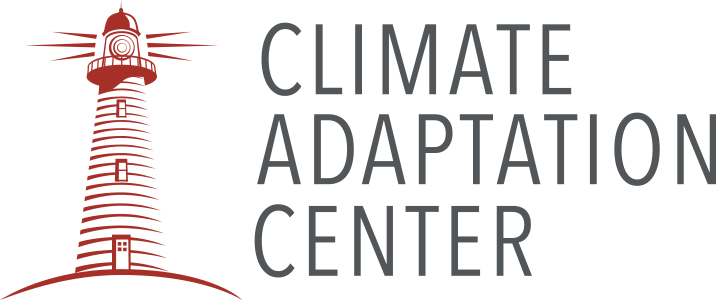There are a lot of seasons this time of the year. The spring and summer season, hurricane season and even love bug season. And don’t forget ‘fertilizer restricted’ season.
The Climate Adaptation Center is committed to protecting protect our precious Florida environment by working with local leaders to keep our community and environment safe. Sarasota County leaders restrict the application of fertilizers containing nitrogen and phosphorous between June 1 and Sept 30 to help maintain healthy waterways.
It’s important because fertilizers are restricted to protect our water quality because they can cause nutrient pollution in water bodies when they run off from lawns and agricultural lands after rainfall. The nutrients in fertilizers, especially nitrogen and phosphorus, can lead to harmful algal blooms and hypoxia (low oxygen levels).
The drought over the past year has actually worked in our favor in terms of runoff as heavy rains have been minimized. The dry trend is not expected this summer.
Those harmful algal blooms block sunlight from reaching underwater grasses, rob the water of oxygen and threaten aquatic life and degrade water quality.
The record warming climate we are experiencing only exacerbates this problem. Warmer water temperatures can encourage the growth of this harmful algae, potentially increasing the frequency and severity of these blooms.
Restricting fertilizer reduces these nutrients in stormwater and helps to protect natural habitats in creeks, lakes and marine waters that receive runoff from the county’s stormwater system.
Nutrient pollution is a widespread and challenging environmental issue. In 2007, Sarasota County took a crucial step toward improving water quality by adopting the Fertilizer and Landscape Management Ordinance. The goal of this ordinance is to help protect the quality of our local waterways. Although nutrients are a natural part of aquatic ecosystems, excessive amounts create an imbalance which may diminish water quality, leading to fish kills and algae blooms.
The ordinance restricts the use of fertilizers containing nitrogen (N) and phosphorous (P) between June and September. The amount of rain experienced during this time of the year increases the likelihood of these nutrients being swept into storm drains and carried to local water bodies.
Additionally, and throughout the year, the ordinance strictly prohibits grass clippings and vegetative material from being intentionally or accidentally discharged into water bodies, roadways, and stormwater drains, ditches, and conveyances. This ordinance applies to everyone, from homeowners to landscape contractors.

To keep your lawn green this summer without using fertilizer, follow these steps:
-
- Water Wisely: Water deeply but infrequently to encourage the growth of deep roots that can tap into subsoil moisture. Water your lawn in the early morning to minimize evaporation.
- Mow Correctly: Keep your grass a bit longer in the summer to shade the soil and prevent water evaporation. Make sure your mower blades are sharp to avoid tearing the grass.
- Use Natural Compost: Instead of chemical fertilizers, use compost or composted manure. These natural options enrich your soil, helping your lawn stay green.
- Look for this: Look for products with “0-0” as the first two numbers on the fertilizer label.
-
Apply iron: It’s found at most garden centers and is an effective and environmentally friendly alternative to keep lawns green during the summer.
- Mulch Grass Clippings: Leave grass clippings on your lawn after mowing. They’ll decompose and return valuable nutrients to the soil. Do not direct clippings into the road, stormwater system or water bodies.
- Choose the Right Grass: Some grasses are more drought-resistant than others. Bermuda grass, buffalo grass, and other warm-season grasses can stay green during the summer with less water.
- Aerate Your Lawn: Aerate your lawn in the spring or fall to allow water and nutrients to penetrate the soil more easily.
Please contact the University of Florida’s IFAS Extension Office for information regarding alternatives to fertilizers containing nitrogen and phosphorous at 941‑861‑9900 or visit them here.
The CAC is committed to the climate conversation. We do this with events like the Climate Champions Awards Ceremony, Hurricane Season Forecast Day and the upcoming Annual Climate Conference in November, that will focus on human health. We also give climate presentations, focused on adaptation strategies, to thousands of people throughout the year.
You can support us in helping our conversation going by making a donation or becoming a member.

